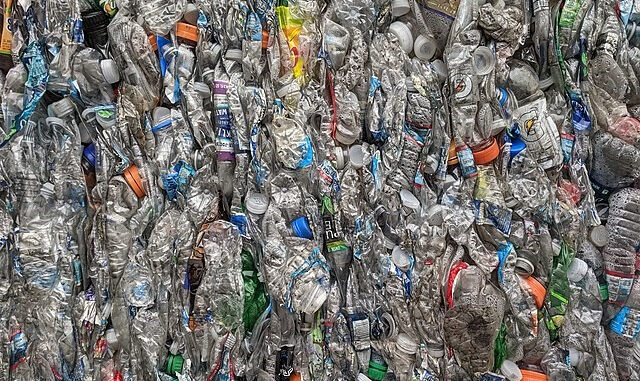
Mia Lubrani | Staff Writer
Feb. 2, 2023
There are obvious differences between the European Union (EU) and the United States. The EU has a progressive attitude about the environment but maintains a less serious outlook on economics. The U.S. prides itself on being advanced and innovative in most aspects of life.
One category of society not yet innovated is the environmental mindset.
According to Greenpeace, recycling in Europe amounts to almost 50% of all packaging waste to be recycled for further uses. Unfortunately, in the U.S., the rate of recycling packaging waste led to about 5% repurposed although 52% of facilities in the US contain the ability to recycle this plastic.
Why is that?
Since the beginning of my studies in Europe, it is apparent there is a contrast in the general opinion of environmental responsibility.
Often in the U.S. people believe they do not have an impact in changing the environment for the better. With fluctuations in mainstream political problems, the ‘saving the environment’ movement never stays at the top of the public spotlight.
The U.S. withdrew from the Paris Climate Agreement in 2019, but President Biden rejoined in 2021. Since then, the U.S. has made significant contributions to global climate change. Biden pledges no net emissions by 2050, but this would require the U.S. to commit to working toward a better future.
In Europe, the EU has colorized trash bins and systems set in place to ensure people recycle. The EU has been operating under the European Green Deal since Dec. 11, 2019. Decarbonizing and digitizing EU society has been a main focus.
The EU Green Deal aimed to reduce net greenhouse gas emissions, achieve the first climate-neutral continent, create more sustainable energy and fight global deforestation along with other sustainable goals.
The EU has been working to meet their predetermined goals. Although the European Union has been hindered in their efforts by the Covid-19 pandemic and economic constraints, their plan is still the most ambitious in the world for environmental sustainability.
In Europe, there are usually seven types of trash bins for people to use. EU countries separate plastics, aluminum, glasses, papers, composts, and all other trash to ensure multiple streams of recycling.
Half of recycled waste in Europe is exported outside of the EU to be treated at other facilities. Their lack of domestic infrastructure for recycling has caused an increase in exports, but their determination to make a difference is not going unnoticed.
The general perspective in Europe has shifted towards an optimistic one when it comes to their view of the environment. In the streets, people are often seen carrying four different types of waste to the bins located on nearly every block. People maintain positive attitudes and follow the predetermined recommendations from the government to conserve electricity.
There is more comradery when it comes to saving the planet. My Spanish teacher, Lucas Zugasti, always exclaims, “make sure you throw away these handouts in the paper bin. We have to save the planet!”
Spaniards and Europeans also have easy access to clean drinking water, decreasing the amount of water bottles needed. Especially in Madrid, Spain, citizens enjoy water straight from the tap and from the numerous drinking fountains in most streets, often claiming it as the “best water in the world”.
Americans tend to have a pessimistic view towards environmental issues. Often casting the blame to big companies, the US citizen sheds the guilt of throwing their paper, plastics and compost into the trash that goes to the landfills.
Also, misleading U.S. statements always claim an attempt to reduce emissions and carbon waste while balancing economic growth. The economic excuse leads to a dismissal of sustainability when it would cost more money. This confusing atmosphere around environmental sustainability leads U.S. citizens to normalize hurting the planet in the face of helping the economy.
The U.S. should be consistent with the European Union Green Deal and shift their mindset. Both the EU and U.S. should be doing more to ensure goals are met, but the EU general population is more progressively viewing economic sustainability.
By taking a more sympathetic stance toward the environment, we need to realize that economic advancement should not always take precedence over the Earth. I think that every action can make a difference.
If the average U.S. citizen cares more about protecting their planet in every way possible, companies and nationwide recycling norms will change their anti-sustainable ways.
